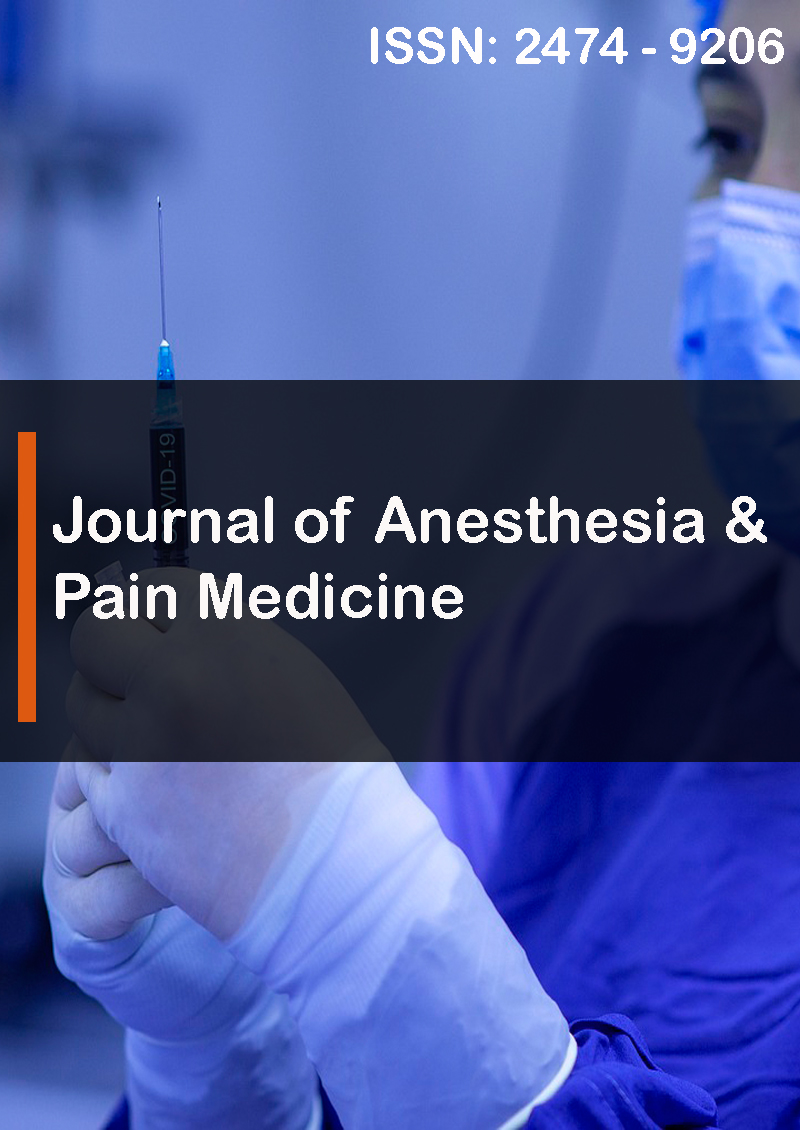The Monoacylglycerol Lipase Inhibitor JZL184 and ARDS: Differential Effects in Direct and Indirect Rat Models
Abstract
Yusuf Elma, Emine Yilmaz Can, Meryem Akpolat Ferah and Mete Kececi
Purpose: Acute respiratory distress syndrome (ARDS) leads to high morbidity and mortality, with limited pharmacological treatments and a reliance on supportive therapies. Recent evidence suggests cannabinoids may offer protective and therapeutic benefits against tissue damage, including lung pathologies. While cannabinoids' positive impacts on lung pathologies are known, their specific effects on ARDS mechanisms have not been thoroughly examined. The study purposes to explore the protective effects of cannabinoids on lung injury in direct and indirect ARDS models, focusing on differences in pathophysiological mechanisms.
Methods: Rats received lipopolysaccharide (LPS, 5 mg/kg, intratracheally) for direct models or alpha-naphthylthiourea (ANTU, 10 mg/kg, intraperitoneally) for indirect models. Endocannabinoid degrading enzyme, MAGL inhibitor JZL184 (10 mg/kg, i.p.) was administered 30 min before LPS or ANTU. After 24 hours of LPS and 4 hours of ANTU applications lung tissue samples were collected.
Results:In the LPS group, significant epithelial damage and intense NF-κB and caspase-3 staining around the bronchiolar epithelium were observed, with JZL184 effectively reducing inflammation and these markers in the area. In the ANTU group, the damage was more focused on the endothelium with similar increases in NF-κB and caspase-3 staining in the alveolar walls, where JZL184 also decreased inflammation and markers intensity. Overall, JZL184 showed a protective effect against inflammation, apoptosis, and tissue damage in lung injuries, highlighting the therapeutic potential of MAGL inhibition in ARDS treatment, with variations in effects depending on the injury model.
Conclusion: MAGL inhibition showed model-specific benefits against ARDS-related inflammation, apoptosis, and tissue damage, highlighting its therapeutic potential.



